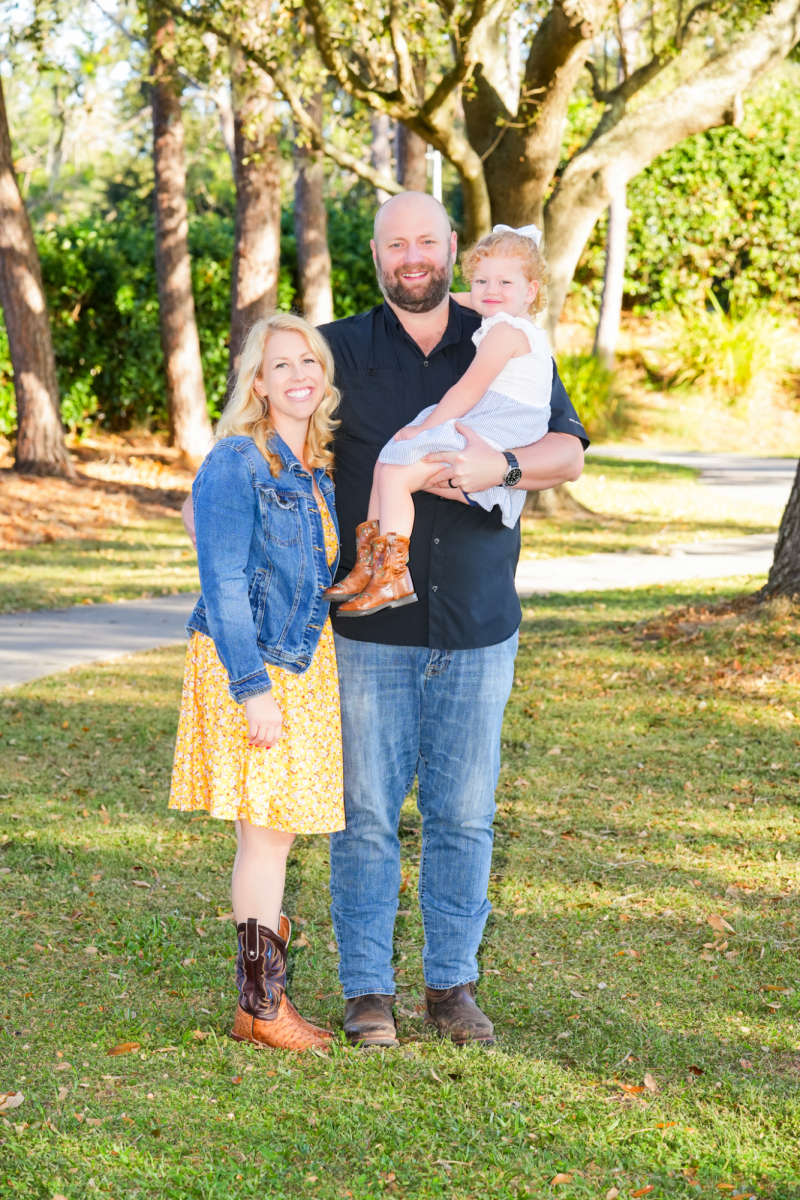Dealing with mental illness is a major issue in today’s world. Many people, especially young adults and men, tend to bottle up their feelings, thinking it’s easier to push emotions aside rather than to talk about them. Eventually, those feelings resurface and often in painful ways. Mental illness isn’t just about depression or anxiety; it can include self-harm, eating disorders, and many other struggles that are often invisible.
Suicidal thoughts are common among both young adults and middle-aged people, but studies show it is more common for middle-aged people. However, studies show it is more common for middle-aged men to act on those thoughts. Why? Many of them feel isolated, burdened by financial pressure, or heartbreak from relationship problems. They often believe they must appear strong, which makes them less likely to ask for help. Some turn to drugs or alcohol to cope, which only makes things worse. Tragically, men also tend to use more lethal methods when attempting suicide, increasing the risk of death.
It is important to understand that most people who consider suicide don’t actually want to die but want the pain to stop. When someone is suffering, it can feel like nothing will help, but that is not true. Support is out there. Talking to someone, reaching out, and asking for help can be the first step toward healing.
Coping skills are a powerful skill to possess when going through a tough situation. In an interview with senior Ryan Gray, he says his coping skills are to “Seek refuge from my friends or talk things out and let my emotions just go into words.”
When people reach out for help and seek trust, they may be scared to express how they feel. So how can people help? In an interview with sophomore Evelynn Nace, she explains how she’s had an experience about almost witnessing an event like this.
“My friend in middle school couldn’t keep up with his personalities and trying to fit in with school so he said to say his last words because he would be leaving soon so I stepped in and skipped about 3rd period to talk it out and I called my mom and she let me stay home to help and he survived,” stated Evelynn Nace.
School can be a stressful thing to deal with on a regular basis. Trying to live up to expectations is not easy especially with already fighting suicide or mental illness. In an interview with teacher Jennifer Ordext, she states, “In the classroom you can tell the person is not themselves because they go up and down in their class work or their talking to people and not talking to people on a regular basis, just things like that.”
In another interview with art teacher Donald Sizemore, he states, “When trying to be a positive influence as a teacher it’s important for the classroom to know I can be a positive model in the classroom or modeling positive behavior is the most important thing” says Sizemore
During a time through a mental illness, people’s bodies can undergo a whole cycle to help the body be healthier. Specialists such as behavior specialists can give insight to what happens when the body is fighting through an illness.
“Many people are on medication for mental illnesses. Let’s take depression for example. If you are depressed, you are not deficient in drugs called SSRI’s (selective serotonin reuptake inhibitor), you are deficient in Serotonin, yet you’re prescribed those type of drugs. SSRI’s do not increase Serotonin but merely rotation what serotonin you have and therefore don’t increase your serotonin. It is said that approximately 44% of the population is prescribed an antidepressant. Serotonin is actually made in the gut. If a person has poor gut health, it is very difficult for the body to increase its production. What is happening is individuals are lacking the proper nutrition in order to take the amino acid tryptophan and convert it to or methylate it to the amino acid serotonin. Most people are lacking B complexes to methylate serotonin, Zinc, magnesium and other light metals that if taken in the morning will help the body to create more serotonin and therefore eliminate depression,” said Garrett Reincke a behavior specialist.
Reincke also explains, “Suicide and people that have suicidal tendencies hit a special place in my heart, since my nephew committed it. Although we don’t know why people commit, depression seems to be common among them.”
All the nutrition, breath work, and more can help decrease suicidal tendencies. Counselling and therapies such as EMDR can help deal with past trauma and make a significant difference too.
Another effective way to help point out the traumas in the body is through brain mapping, qEEG, and neurofeedback. These technologies are non-invasive and can measure brain activity to pinpoint patterns linked to anxiety, depression, ADHD, trauma, and substance abuse. Once those areas are identified, people can create targeted interventions like neurofeedback that tackle the biological drivers of mental health.
As said, with proper nutrition and getting one’s gut health optimal, there are other things that one can do naturally. The first thing one can do is expose themselves to early morning sunlight, stand on the grass, sand, soil barefoot and ground yourself. This will reduce inflammation, improve sleep, decrease stress, improve circulation, and can even increase someone’s overall well-being. People can also do three sets of thirty deep breaths increasing oxygen in someone’s body upon waking. All that can take about ten minutes and will make a tremendous difference to one’s mental state.
If someone is going through a stressful situation and is noticeably in need, don’t be afraid to reach out. No one ever knows what someone is going through and the support that is given can always help. Do not be afraid to speak up and talk to someone when something is hard. It is always better to express thoughts and emotions out than bottle it all in. Everyone is always important to someone and never alone. It takes a village, and people will help the people. Don’t be afraid to reach out.





































